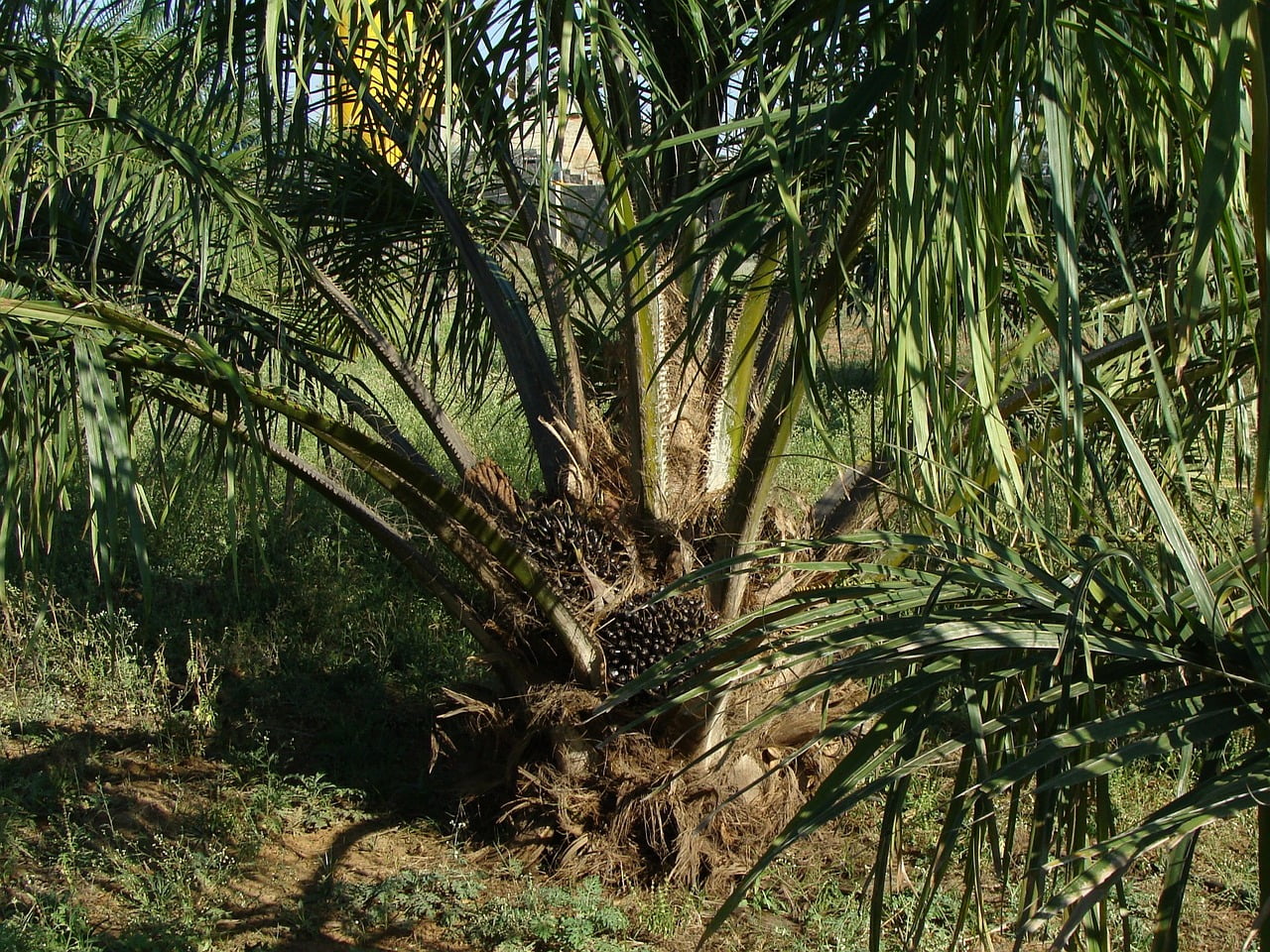The UK Government has now finalized its proposal for the Due Diligence law that has been under discussion for several months. The law will significantly affect Indonesian palm oil exporters, as palm oil has been identified as one of several commodities that will be targeted, along with soy, coffee, timber, and others.
Q3 2020 hedge fund letters, conferences and more
The UK government’s formal proposed Due Diligence measure can be read in full here.
The Due Diligence Debate
Indonesia has been at the forefront of the Due Diligence debate in recent weeks.
- The Indonesian Palm Oil Association submitted a formal response to the Due Diligence consultation
- Indonesian leaders have set out clear criteria that should govern the approach to Due Diligence
- Indonesia’s ISPO standard can be key to meeting the UK’s Due Diligence goals
The proposal is centered around a legality standard and legality verification – which was recommended by Indonesia as the best, and most collaborative approach for the UK to take. This is a welcome and constructive step forward from the UK government and will minimize disruption to trade relations.
What does the legality standard mean in practice?
The idea of legality is reflected in the UK proposal as a requirement for UK importers to ensure that imported products (including Indonesian palm oil) are produced in compliance with “relevant local laws.” The laws covered broadly refer to land use and land ownership.
UK authorities will officially determine which commodities are defined ‘forest risk commodities’ – next year, when they write the implementation rules for this regulation. This will be led by DEFRA with input from other parts of the UK Government. We should expect ferocious lobbying by the likes of Greenpeace, FERN and Forest Peoples Programme to achieve in the implementing stage what they were unsuccessful in achieving so far.
Mutually Beneficial Outcomes For Indonesia And The UK
The legality approach taken by the UK will produce mutually beneficial outcomes for Indonesia and the UK for a number of reasons, including:
- First, it will open the door to broader trade negotiations between the two countries. Palm oil is Indonesia – and the ASEAN region’s – largest agricultural export. Ensuring trade is not disrupted is vital to Indonesia. At the same time, the UK is seeking new trade approaches in the ASEAN region – and Indonesia is the largest economy in the region.
- Second, it can provide a workable model of environmental cooperation that the European Union can learn from. The EU is considering introducing a number of measures to reduce ‘imported deforestation’, including advancing a more extreme version of due diligence. A workable model that focuses on reducing illegal deforestation without becoming fixated on broader political agendas is one that Brussels should consider following.
- Third, as stated above, the idea of mutual goals will provide mutual benefit. Both the UK and Indonesia want to end illegal deforestation. Much of the world’s deforestation is unplanned – and illegal. Illegal deforestation in Indonesia undermines Indonesia’s climate goals, its export industries and its broader development goals.
The next step is for the UK Parliament to consider and pass the law. This debate has started in earnest, and will continue until secondary legislation is decided, probably in Q2 2021.
Regulation Should Not Infringe Indonesia's Sovereignty
Indonesian Palm Oil Association (GAPKI) maintains the view that the Due Diligence measure should take into account the following essential principles to ensure that the Due Diligence regulation does not infringe Indonesia’s sovereignty:
- Good Faith Consultations. Involvement of the Indonesian government and palm oil sector in the consultation process, constructive and transparent cooperation and a commitment to continuing and proactive dialogue. This should include a commitment to consultation before and during the consideration of secondary legislation.
- Non-Discrimination Against Indonesia. Indonesia should be given the same treatment within the Due Diligence regulation alongside other exporters.
- Non-Discrimination Against Palm Oil. There should not be discrimination targeted at palm oil when compared with ‘like’ products such as soy, rapeseed, sunflower and others.
- Level Playing Field for Certification. Due Diligence measures should not arbitrarily ‘pick winners’ among existing or new certification schemes. All existing and recognized standards (including Indonesia’s government standard, ISPO) should be included without prejudice.
- Uphold Indonesian Sovereignty. There should be no imposition on Indonesia’s sovereign right to regulate its domestic palm oil industry, including the future development and evolution of ISPO.
- Respect for Free Global Trade. The Due Diligence measures explicitly should not supersede, replace nor preclude negotiations between Indonesia and the UK that may consider an over-arching agreement on trade (e.g. as a dedicated chapter within a CEPA or FTA).
GAPKI and Indonesia believe that – when working together – Indonesia and the UK can achieve a significant environmental, economic and political outcome.













